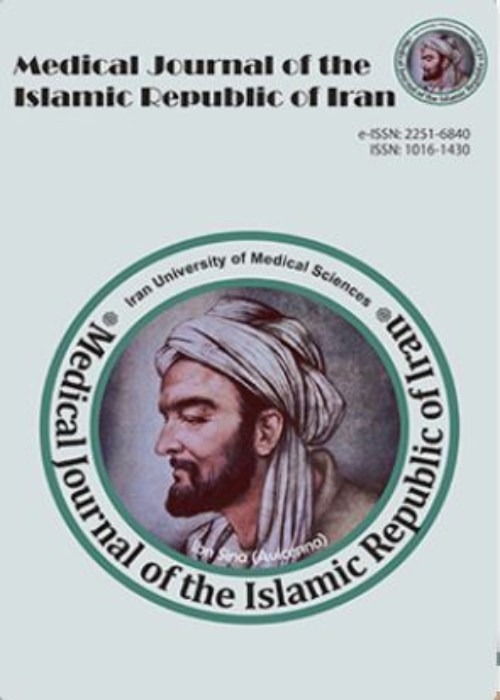Willingness to Receive a COVID-19 Vaccine in an Iranian Population: Assessment of Attitudes, Perceived Benefits, and Barriers
To significantly reduce the disease and mortality from the novel Coronavirus Disease (COVID-19), a safe and effective vaccine must be widely delivered to the community. However, the availability of a vaccine for COVID-19 does not ensure that individuals will want to be vaccinated. The present study investigated the attitudes, perceived barriers, and benefits of the COVID19 vaccine, as well as vaccination intentions, among a sample of Iranian adults.
Demographic data were categorized in this study based on whether or not participants received the vaccine. Drawn from a multistage sampling protocol in 2021, a descriptive-analytical study was conducted on 1350 adults in Saveh, Iran. A survey with 5 different sections inquired about eligible participants’ sociodemographic information, their attitudes, perceived benefits, and barriers, as well as their intentions to get vaccinated for COVID-19. Multiple logistic regression analysis (enter method) was performed to assess factors related to vaccination intent.
The mean age of those who intended to receive the COVID-19 vaccine (57.9±19.2) was significantly higher than those who did not intend to receive the vaccine (43.4±16.8) (p=0.00). Additionally, married individuals were significantly more likely to receive the vaccine than individuals who were single and/or widowed. Additionally, (n=663) substantially more homemakers and retirees received vaccinations than workers and self-employed individuals (n=481) (p=0.001). Findings revealed that 78% of participants intended to receive the COVID-19 vaccine. Multiple unconditional logistic regression analyses showed that age and marital status, as well as the behavioral variables (attitude odds ratio [OR]=1.73, benefits OR=1.78, and perceived Barriers OR=0.52), had a significant relationship with vaccination intentions (p=0.001).
This study demonstrated that to increase intentions to receive the COVID-19 vaccine, public health campaigns and interventions should focus on promoting the benefits of the vaccine, improving the attitudes toward the vaccine, as well as reducing the perceived barriers.
- حق عضویت دریافتی صرف حمایت از نشریات عضو و نگهداری، تکمیل و توسعه مگیران میشود.
- پرداخت حق اشتراک و دانلود مقالات اجازه بازنشر آن در سایر رسانههای چاپی و دیجیتال را به کاربر نمیدهد.


